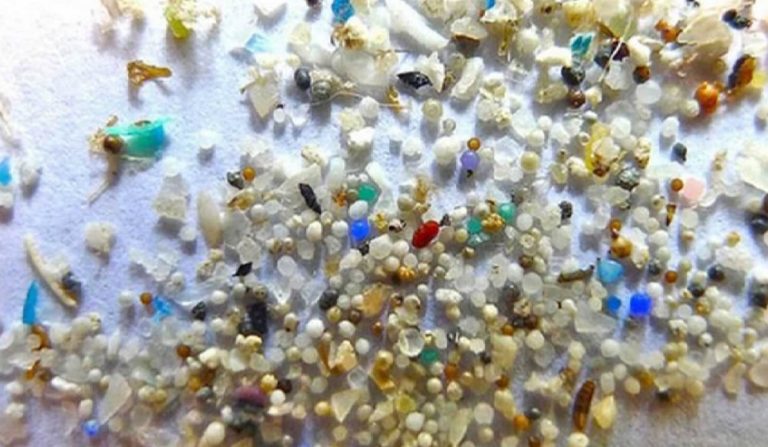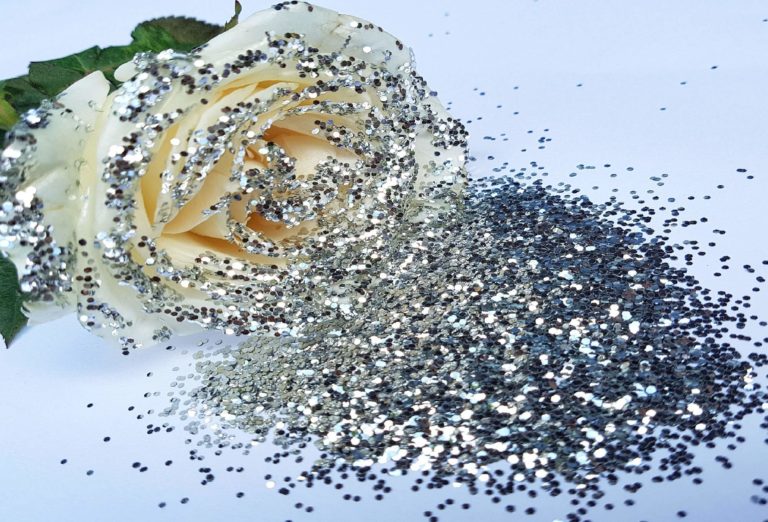Today everybody is aware that our planet is increasingly deteriorating due to all the residues and emissions we all generate. And glitter is one of the chief product causing much damage to the environment.It is important to take care individually of our ecological footprint. And one way to do it is by taking consciousness on what we consume. Thousands of plastic recipients are thrown away daily and many components used damage the environment. A clear example of this issue is the glitter industry.
The Damaging Effects Of Glitter
Modern glitter is typically made from sheets of metallised plastic film, which is then cut up into tiny pieces. Glitter made from plastics is classed as microplastics, which are tiny pieces of plastic debris. This plastic glitter goes directly to the ocean and due to their size, they do not get filtered. They not only contaminates water streams but also the marine species since plastic glitters do not decompose or degrade. Marine species eat them and, therefore, we end up consuming our own waste when we eat seafood.
Other plastic glitter particles go into the soil, which is also highly damaging. Plastic glitter remains in the environment for thousands of years without degrading and a high percentage of them will eventually end up in the water as well.

Products Containing Glitter
Glitter is used for a wide range of products, including cards, toys, wrapping paper, clothing, and make-up. But the small pieces of microplastic which glitter consists of can have a negative impact on wildlife, soil, water, and marine environments.
Biodegradable glitter a solution
Fortunately, we have come to a solution; biodegradable glitter.

The trend of using bio-glitters is growing every season and since we love glitters and we would love to keep using them. Bio glitter biodegrades in the environment as it is made of special eucalyptus cellulose.
Although bio-degradable plastic alternatives might seem like a more earth-friendly choice than regular glitter, it can still have its own issues when it comes to the environment. They need to be in the soil or in the water under certain conditions, such as temperature or humidity to start biodegrading. But most importantly,they need the help of microorganisms found in places like the soil and the ocean in order to start the biodegradable process. That is the reason why they are considered biodegradable.
Beware of claims that glitter products are biodegradable. Even branded “biodegradable” glitter may not biodegrade if left in the natural environment and would require industrial composting.




